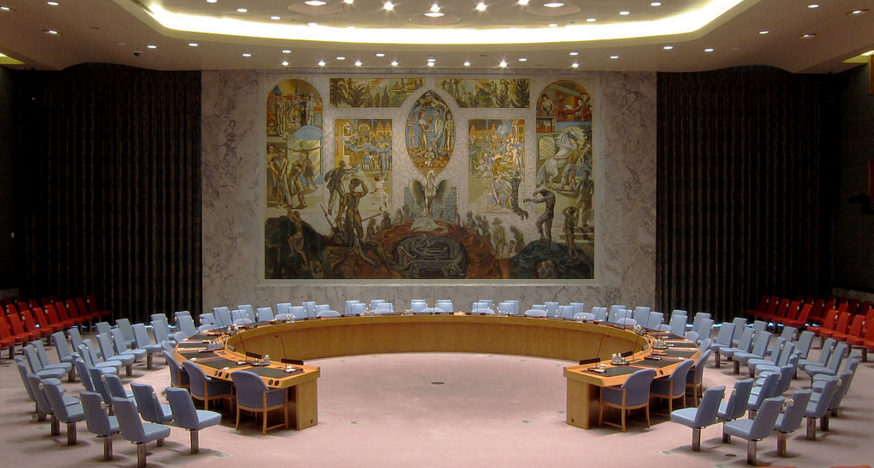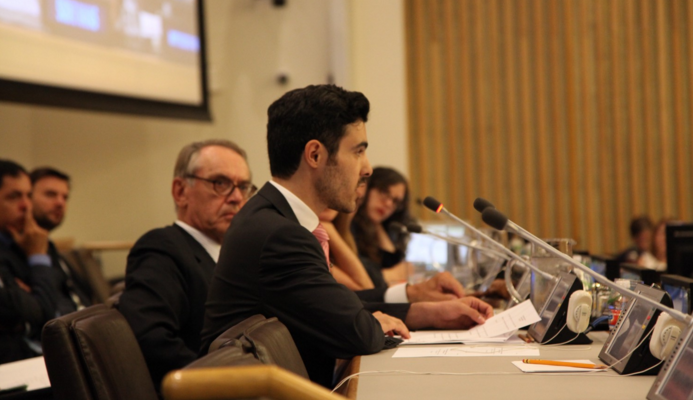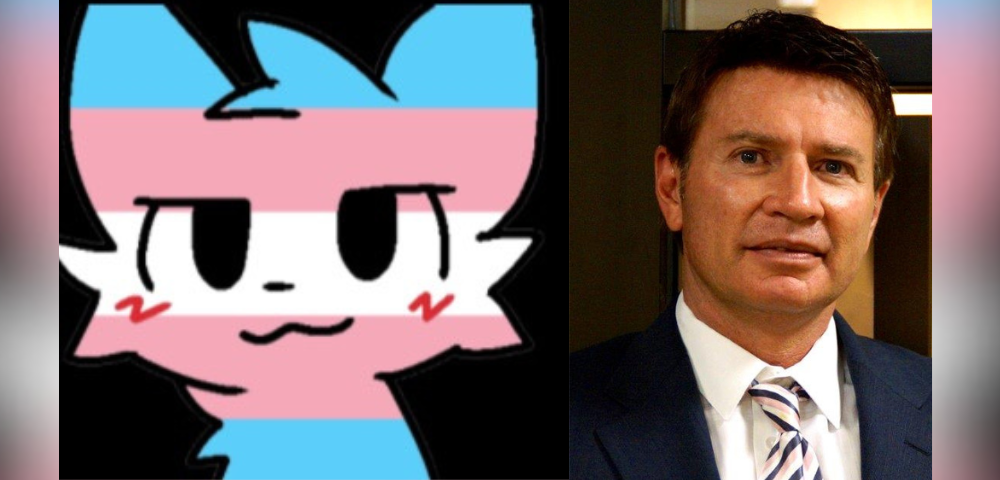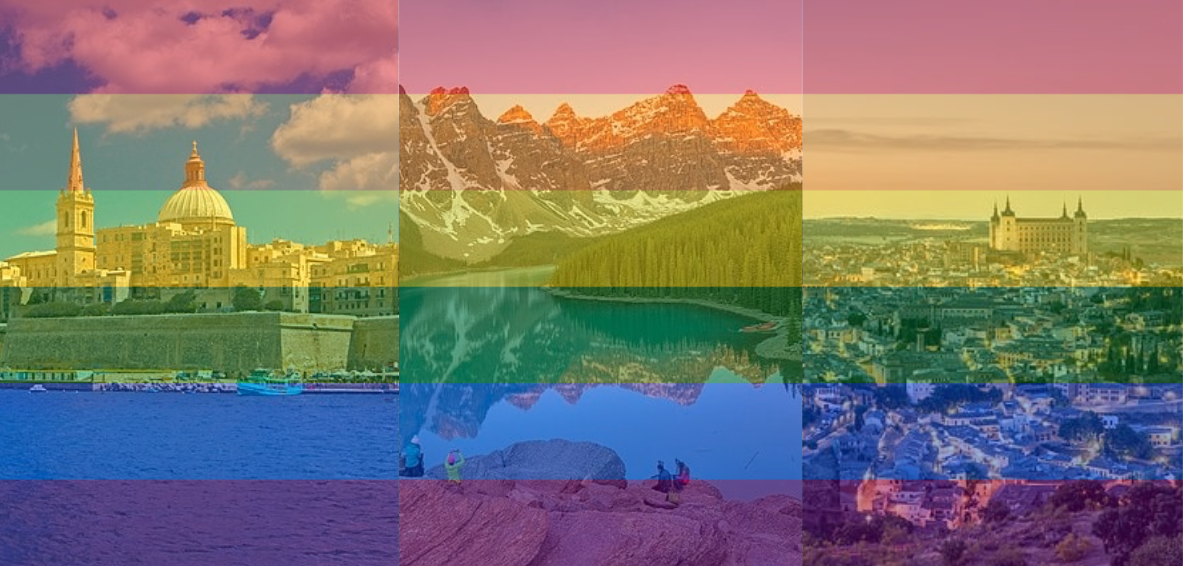
ISIS focus of UN Security Council’s first-ever meeting on LGBT issues

Editor’s note: This article was first published in the Washington Blade, an LGBTI news outlet based in Washington DC, US. Michael K. Lavers is the Blade’s International News Editor and this story was reproduced with his permission.
THE first-ever UN Security Council meeting on an LGBT-specific issue that took place on Monday focused on ISIS’ ongoing persecution of LGBT Syrians and Iraqis.
[showads ad=MREC]The US and Chile co-sponsored the closed-door, informal briefing that highlighted the militant group’s continued persecution of LGBT Syrians and Iraqis who live under its control.
UN Deputy Secretary-General Jan Eliasson, US Ambassador to the UN Samantha Power, Chile Ambassador to the UN Cristian Barros-Melet and International Gay and Lesbian Human Rights Commission executive director Jessica Stern spoke during the closed-door briefing.
Representatives from 11 of the 15 countries that sit on the council also participated. Diplomats from the African countries of Chad and Angola did not attend the briefing. Representatives from China, Russia, Nigeria and Malaysia who were in attendance did not speak.
A gay Iraqi man who used the pseudonym “Adnan” to protect his identity spoke to the council via telephone. Subhi Nahas, a gay man from the Syrian city of Idleb who received refugee status from the UN High Commission on Refugees and now lives in San Francisco, spoke during the briefing on behalf of the Organization for Refuge, Asylum and Migration.
Nahas fled to Lebanon in 2012 after Jabhat al-Nusra, a militant group affiliated with Al Qaeda, took control of his hometown. He later moved to Turkey where he remained until US authorities allowed him to resettle in the country.
“I have witnessed with my own eyes the annihilation of civility and humanity as I knew them,” Nahas told members of the council.
“For millions of Syrians both in and outside the country, time is running out. For my compatriots who do not conform to gender and sexual norms, the 11th hour has already passed. They need your help now.”

At least 30 men accused of sodomy killed by militant group
ISIS last year began posting to its website and social media pages images the militant group claims showed the public executions of men accused of engaging in sodomy.
These pictures show, among other things, blindfolded men with their hands tied behind their backs falling from buildings. Reports also indicate those living in ISIS-controlled areas that have been found guilty of sodomy have also been stoned to death, executed by firing squads and even beheaded.
“We are all horrified by ISIL’s videos of men being thrown to their death,” Power said in prepared remarks she read during the council meeting.
“At its essence — it is the denial of a person’s most basic right because of who they are. It is ISIL deciding that, because of a person’s sexual orientation or gender identity, they do not deserve to live.”
Stern told reporters after the briefing that ISIS has executed at least 30 men accused of sodomy.
“It is the obligation of the international community to take action,” she said.
Nahas said members of the militant group sometimes force people to attend the executions of those found guilty of engaging in same-sex sexual acts. He told the Washington Blade that a gay Syrian friend witnessed part of one of these events.
“He did not witness the whole thing because he could not stand it,” Nahas said.
“They were taking the guy up the building, and he ran away. He did not witness the full execution. He witnessed part of the execution. He was thinking of himself and not the guy.”
Nahas told the Washington Blade that LGBT people in his hometown with whom he has spoken since he fled say the situation under ISIS’ control is “very, very bad”.
Nahas said they were afraid to go outside and speak with anyone. He told the Blade that members of the militant group target those who are wearing jeans, don’t have a “normal” haircut or property trim their beards.
“You will be abused, you may be killed,” Nahas said.
Many LGBT Syrians and Iraqis have fled to Lebanon, Turkey and other countries to escape ISIS. Lebanese advocates with whom the Washington Blade spoke earlier this year said they have heard reports of militants burning alive men they suspect were gay. One activist said members of ISIS hanged a trans Syrian woman by her breasts.
The International Gay and Lesbian Human Rights Commission earlier this year launched a campaign that urges the US, Canada, France, Norway, The Netherlands, Sweden and the UN High Commissioner for Refugees to accept more refugees who are escaping ISIS.
During the briefing, Stern reiterated the aforementioned call. She called upon all UN agencies that work in Iraq and Syria to implement LGBT-specific programs, increase funding for initiatives designed to assist LGBT Iraqis and Syrians and their allies.
Stern also urged the Iraqi government to respect freedom of expression and to “remove barriers” that she said prevent LGBT people from accessing services and the country’s judicial system.
“Given the stream of constant forms of attack by ISIS on LGBTI Iraqis and Syrians, we think it’s of the greatest importance that the international community be informed about the issue, be seized with the issue and take action,” she told reporters after the briefing.
Nahas told Washington Blade that he would support military intervention in order to stop ISIS and to end the civil war that has raged in Syria for more than four years. He nevertheless said the US, Turkey and other allies should take part in what he described as a “unified effort” against the Sunni extremist group.
Advocate describes briefing as ‘useless’
Scott Long, a former Human Rights Watch staffer, on Sunday sharply criticised the briefing in a blog post.
“At best the meeting will be useless,” he wrote.
“It’ll lead to that indolent repletion where people feel they’ve acted when they’ve actually done nothing. At worst, it’s going to cause more killing.”
Stern did not specifically mention Long when the Washington Blade asked her to respond to his criticisms against the briefing.
“Attention by the Security Council not only helps send a message from the UN and its members, but it also fills a gap in the discourse about human rights violations,” Stern said.
“That discourse is where LGBTI people are often the most vulnerable.”
Power took a similar position when she spoke with the Blade and a handful of other media outlets during a post-briefing conference call.
“Do we want to live in a world where ISIL’s crimes against every other group are the subject of outrage and horror, but somehow the international community stays silent and is never even forced to confront what ISIL is doing against anyone suspected of being LGBT,” she said in response to the Blade’s question about Long’s criticisms of the briefing.
“Without putting these issues on the agenda of heads of state, you’re in a world where people live in indolently…free of even having to confront what is going on really not that far away.”
[showads ad=FOOT]









Tony Abbott and his LNP government, have members of ISIS and the Taliban within there ranks!
Shocking. I.S. are monsters. Those poor people.